During the sixth generation of consoles, the demands of consumers were rapidly changing, and PC developers were finding it hard to catch up. Customers were getting tired of paying several dollars to play PC games that were a shot in the dark, which resulted in many gamers transitioning to the PlayStation 2 and Xbox.
Genres that were once a mainstay of the platform such as graphic adventures had all but disappeared during this era. However, this period saw several titles on the PC that pushed the limits of hardware, storytelling, and social gaming, and many rank among the finest entries of all time.
2000
Looking Glass Studio’s second outing with Garret was the heist of a lifetime. Players channeled their inner Robin Hood by sneaking through the game’s massive and downright labyrinthian environments, outwitting the multitudes of clueless guards and pillaging all the lucre they could find.
Solid stealth mechanics made these feats possible, such as the gem at the bottom of the interface that gave players an indication on how exposed they were in the light. Special challenges gave the levels a hefty amount of replayability – daring players to get through a level while acquiring a certain amount of gems or knocking out at least eight guards.
2002
With their third foray into the Elder Scrolls series, Bethesda ventured forth into the third dimension and in the isle of Vvardenfell. Morrowind evolved from Arena and Daggerfall‘s more Tolkien-inspired roots to provide a more distinct and unique fantasy setting.
Many outlets praised the game for its rich lore, its open-ended structure, and a greater level of freedom than prior Elder Scrolls entries. While the combat and visuals are showing their age, Morrowind’s sheer ambition and willingness to break bounds in the medium paved the way for richer and deeper RPG experiences in the years to come.
8 The Sims 3
2009
The third entry in Maxis’ life simulation series refined the mechanics from prior entries, boasted new customization features, new modes of transportation, and much more. Previous games would force players to sit through a loading screen whenever they wished to leave the comfort of their own home.
The Sims 3, however, incorporated a sort of open-world structure with seamless neighborhoods. Players could also learn new skills such as painting, martial arts, and even playing the guitar. It was very much an evolution of the concept the fourth installment failed to provide.
7 Psychonauts
2005
Making the leap from graphic adventure to action platformer, Tim Schafer’s Psychonuats was a major deviation from the titles that had earned him much acclaim and recognition. Thankfully, Double Fine Studio’s debut title was a fun and imaginative platformer, which benefited from the director’s trademark characters and humor.
In contrast to the multitude of uninspired fire and ice worlds that populated every 3D platformer, the levels that took place in the quirky casts’ collective minds were creatively driven locales with inspired art direction and wonderful environmental storytelling. While the combat may prove to be repetitive and the physics a bit floaty, the game holds up remarkably well.
6 Star Wars: Knights Of The Old Republic
2003
BioWare demonstrated its knack for crafting well-rounded characters and deep RPG mechanics in prior games such as Baulder’s Gate and Neverwinter Nights. Star Wars: Knights of the Old Republic shifted the Canadian developer from the Forgotten Realms to a galaxy, far, far away.
Players could choose between the light side or dark side and interact with the world of Star Wars in a manner that prior titles couldn’t do justice to. In addition to familiar locales, new characters were introduced, such as the brash but compassionate Jedi Master Bastilla, and the homicidal and sardonic battle droid, HK-47.
5 BioShock
2007
Ken Levine’s System Shock 2 innovated with its blending of first-person shooting mechanics with RPG elements and an oppressive atmosphere typical of survival horror games. However, many outlets criticized the game as needlessly difficult and inaccessible. Its spiritual successor, BioShock, may have simplified things, but the narrative, gunplay, and special abilities remained intact.
Set in an underwater dystopia based on the Objectivist teachings of Ayn Rand, the game tasked players with traversing the ruined city and dealing with its hostile inhabitants. Little Sisters presented players with an ethical dilemma while Andrew Ryan questioned the players’ capacity for free will.
4 Prince Of Persia: The Sands Of Time
2010
Jordan Mechner and Ubisoft Montreal did what many thought was impossible and breathed new life into the classic Arabian fairy tale franchise with Prince of Persia The Sands of Time. After the Prince’s disastrous 3D debut, Director Patrice Désilets and his team showed everyone just how realistic platformers were done.
This included precise controls, excellent parkour gameplay, and an ingenious rewind mechanic that let players undo a fatal mistake. In addition, the tale narrated by the Prince featured a compelling character arc bolstered by witty dialogue and brilliant vocal performances from Yuri Lowenthal and Joanna Wasick.
3 Portal
2007
Valve seemed unstoppable in the mid to late 2000s, churning out classic after classic in rapid succession. 2007 saw the release of The Orange Box, which was a compilation of all the great titles they’d put out that generation, such as Team Fortress 2, the Half-Life episodes, and a little puzzler named Portal.
On the surface, the game looked like a simple side dish made to fill out the package. However, once players got the chance to think with portals, they were hit with some of the most ingenious puzzle gameplay, Erik Wolpaw’s darkly comedic writing, an unforgettable antagonist, and one of the greatest endings in gaming history.
2 Deus Ex
2000
Kicking off the new millennium with a bang, Warren Spector’s Deus Ex changed the landscape of narrative-focused first-person shooters with a plethora of choices and a complex cyberpunk story. In contrast to other games that punished players for deviating from the main route, Deus Ex largely gave players the freedom to handle tasks the way they saw fit.
The game’s plot touched on themes such as the insidious hand of corporations and the unjust systems that prioritize profit over human lives. While the game wasn’t a commercial success, it spawned a huge cult following and paved the way for further entries.
1 Half-Life 2
2004
Delivering a worthy successor to Valve’s revolutionary first-person shooter seemed like a Herculean task, but the right man in the wrong place once again made a difference. Half-Life 2 expanded upon the original’s seamless blending of gameplay and storytelling with more expressive character models, grander set pieces, and a bunch of fun new weaponry to play around with, such as the gravity gun.
As its subsequent Xbox port demonstrated, no console at the time could even come close to matching Half-Life 2‘s visual fidelity and performance. If there was ever a title that made gamers rejoice in sticking to their PCs, it was definitely Gordon’s sophomore outing.

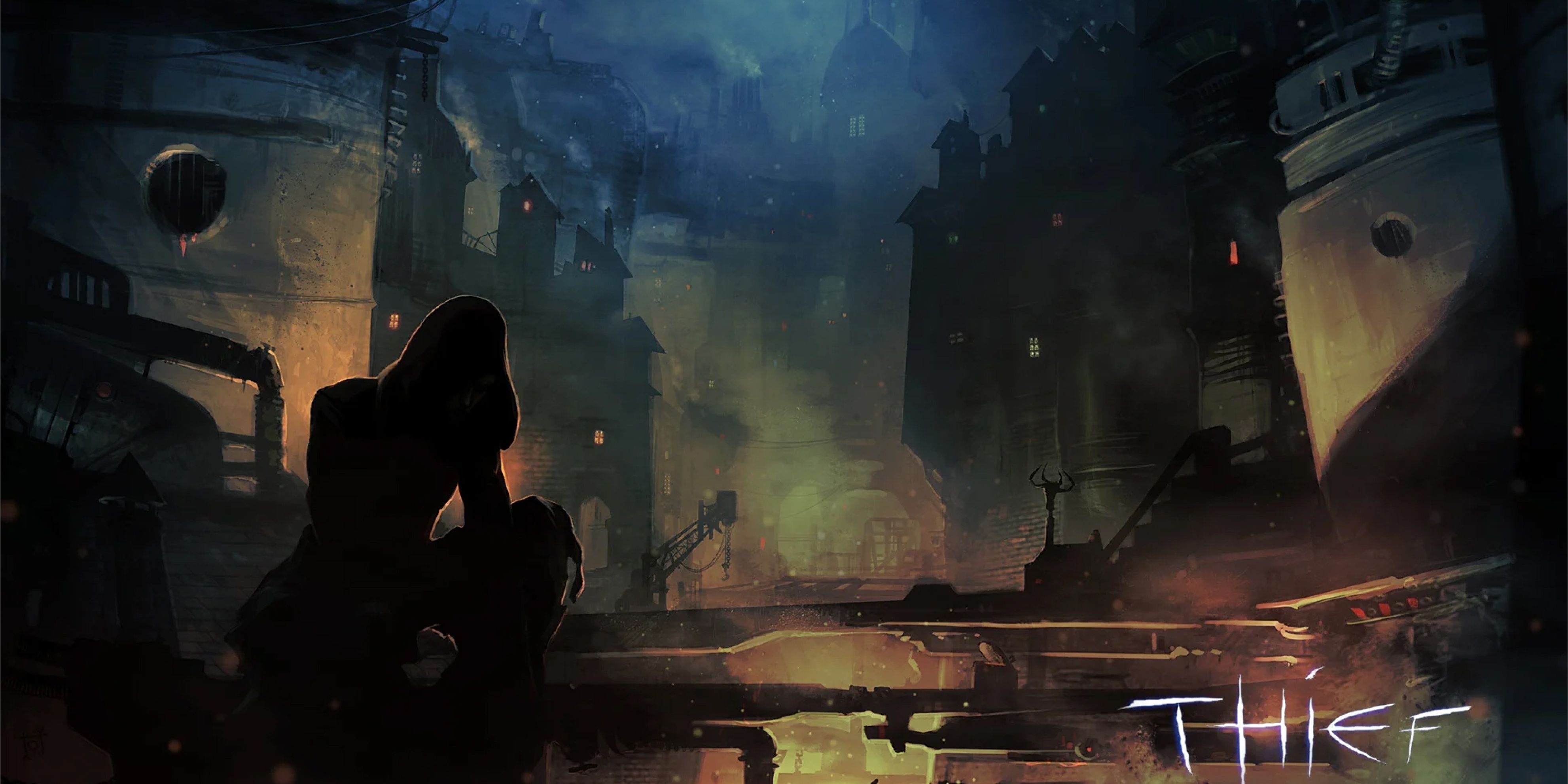
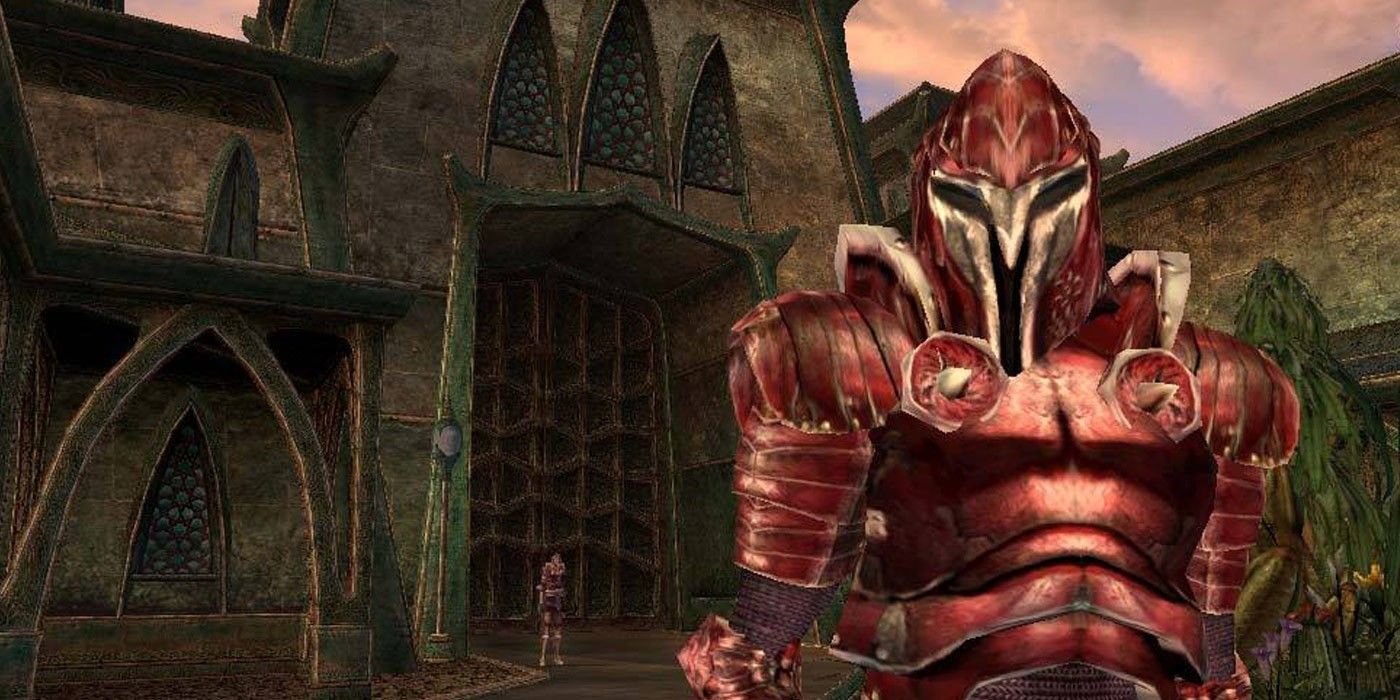
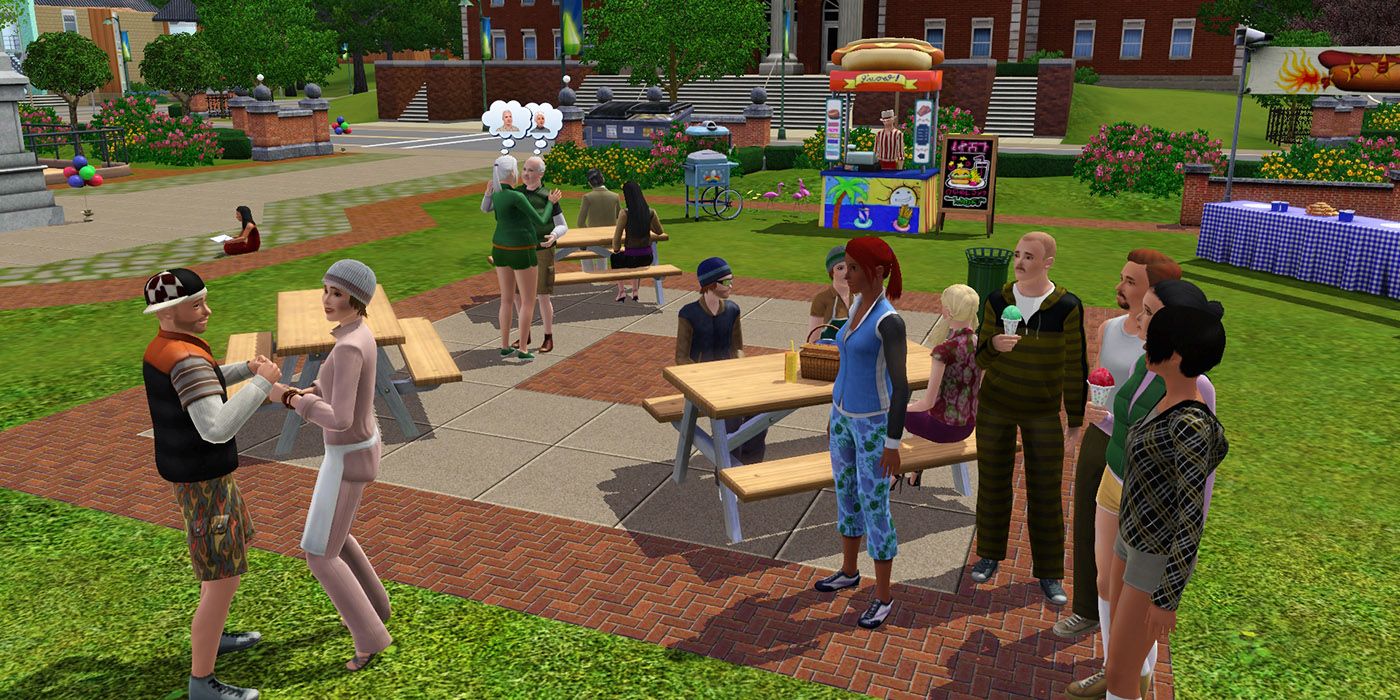
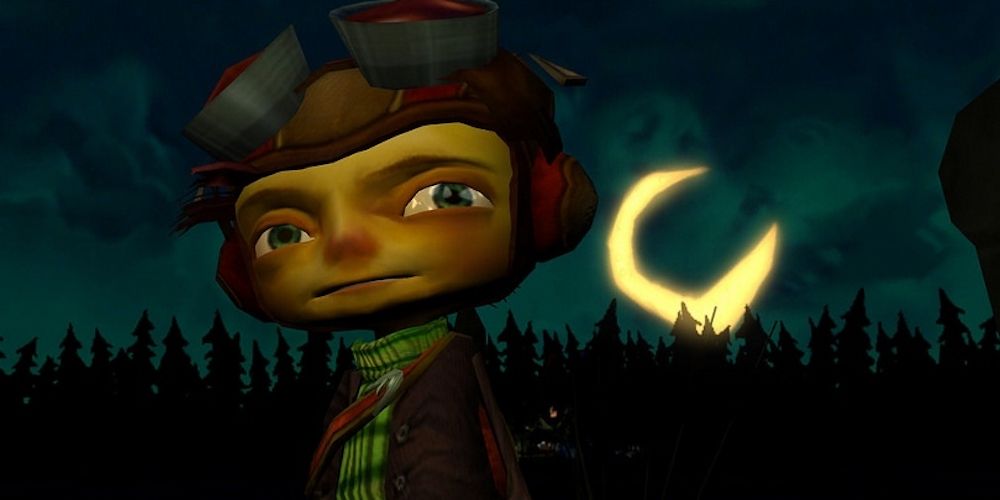
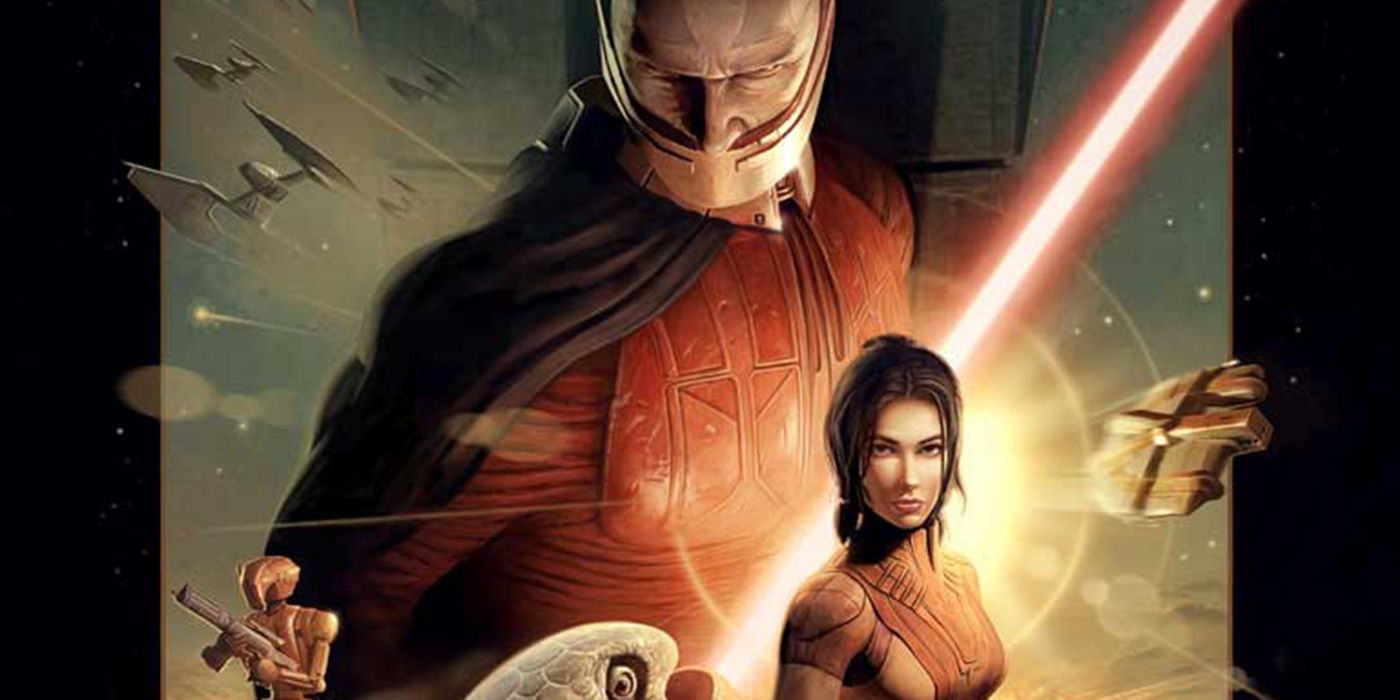
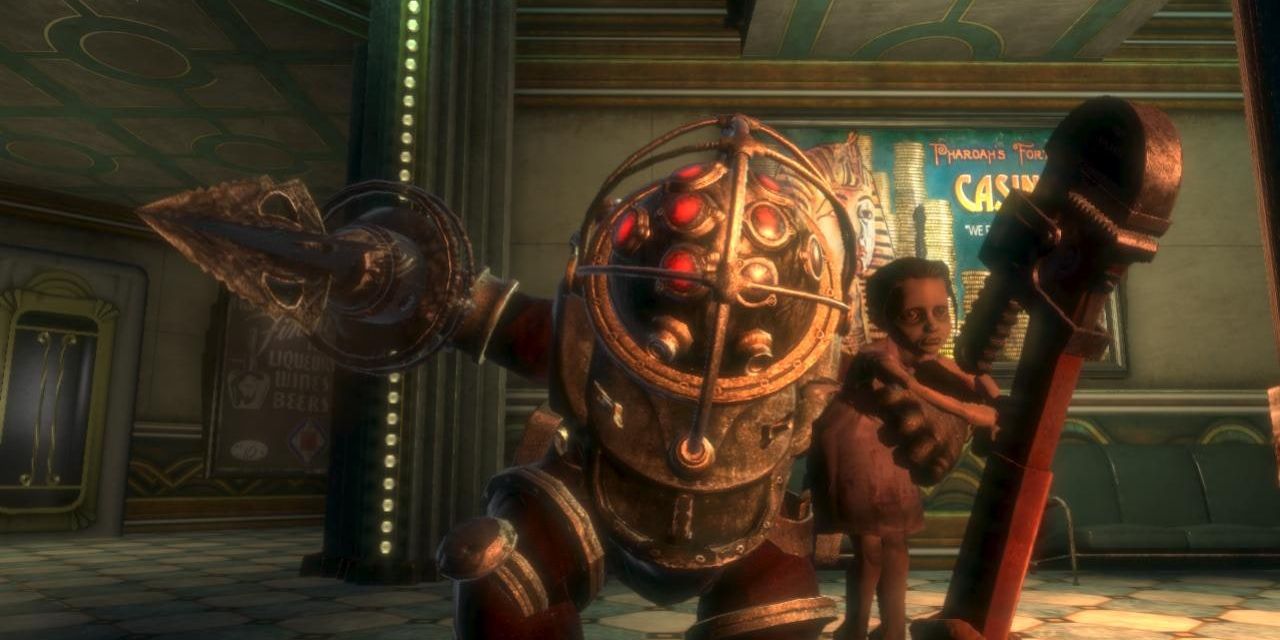
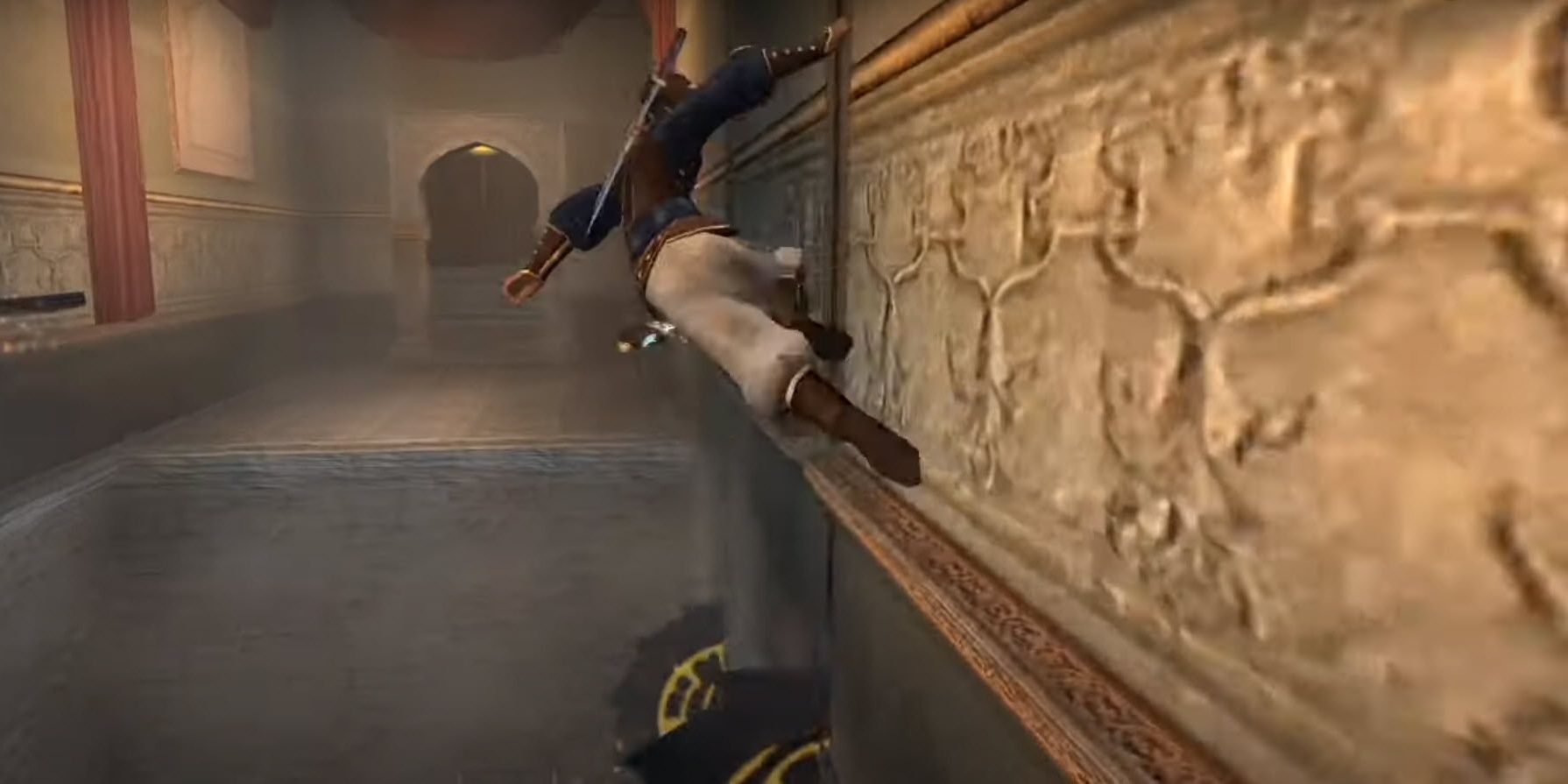
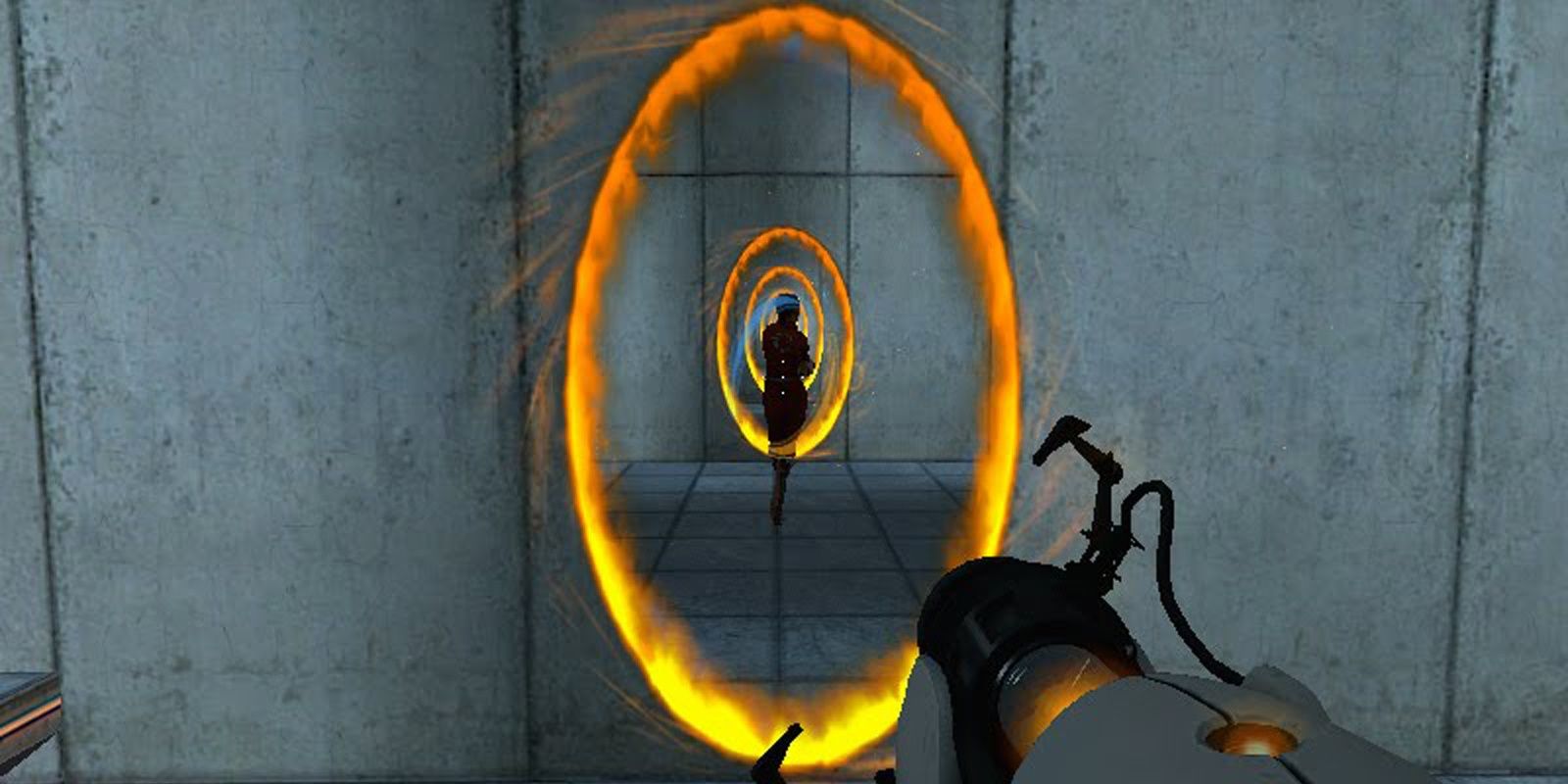
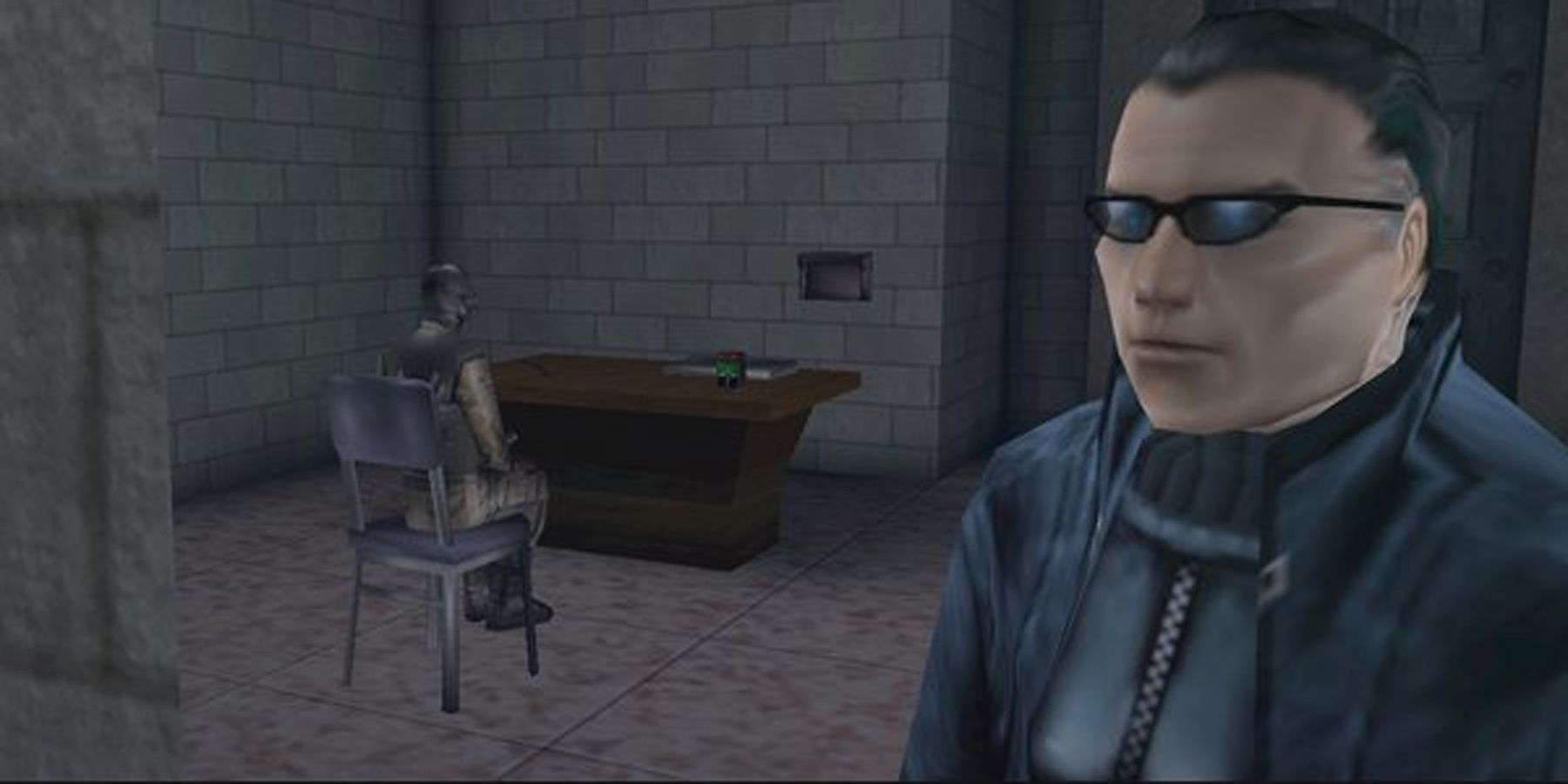
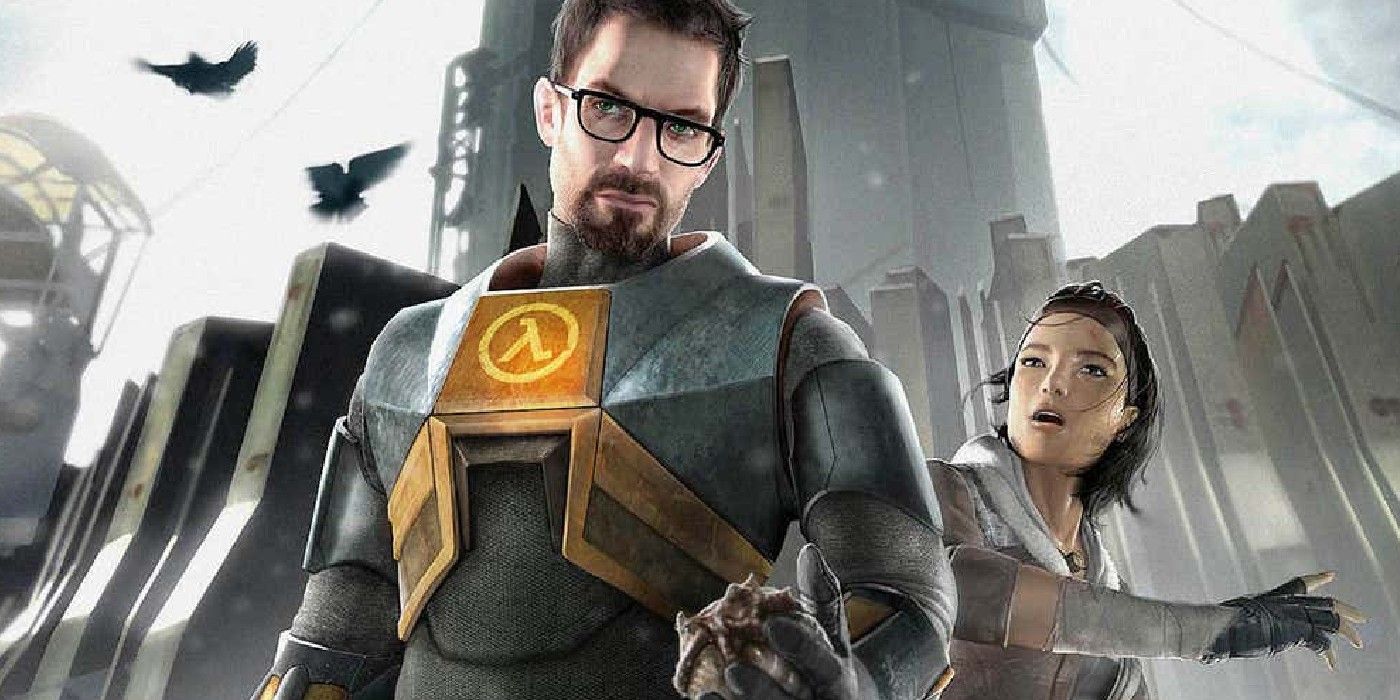
Be the first to comment